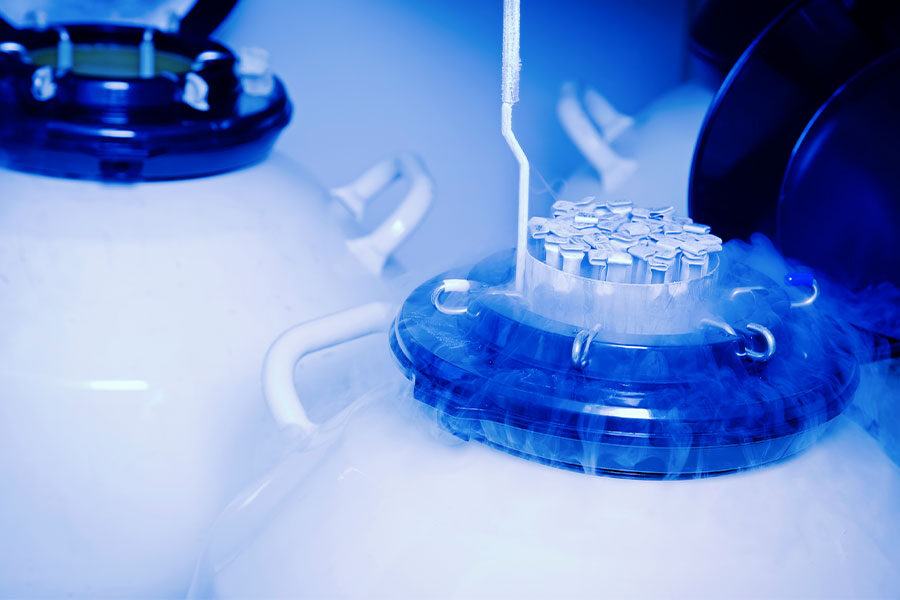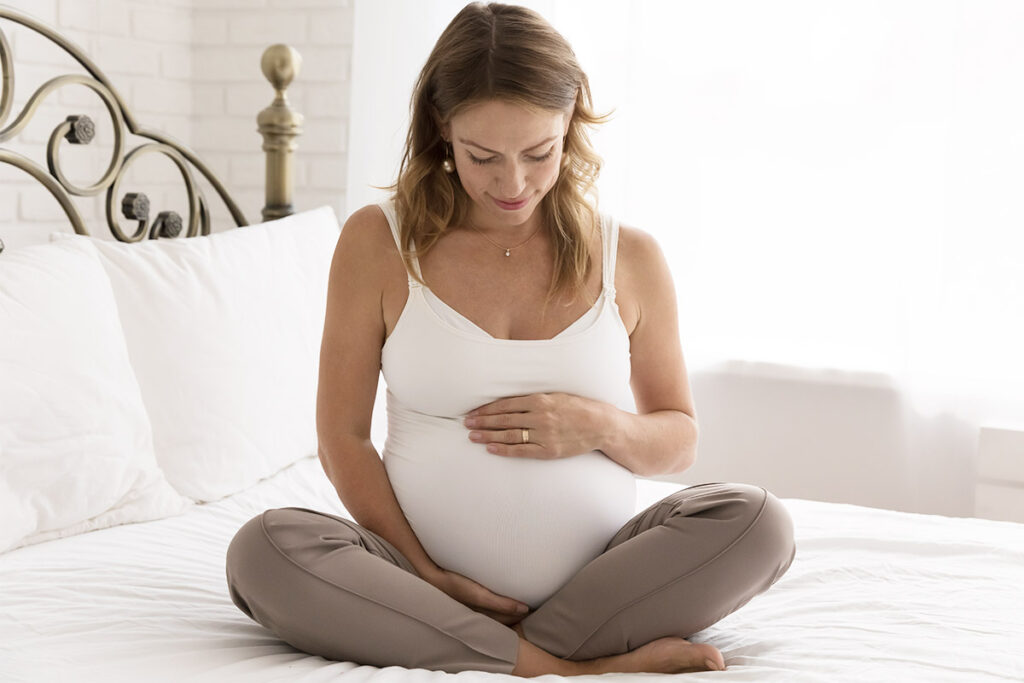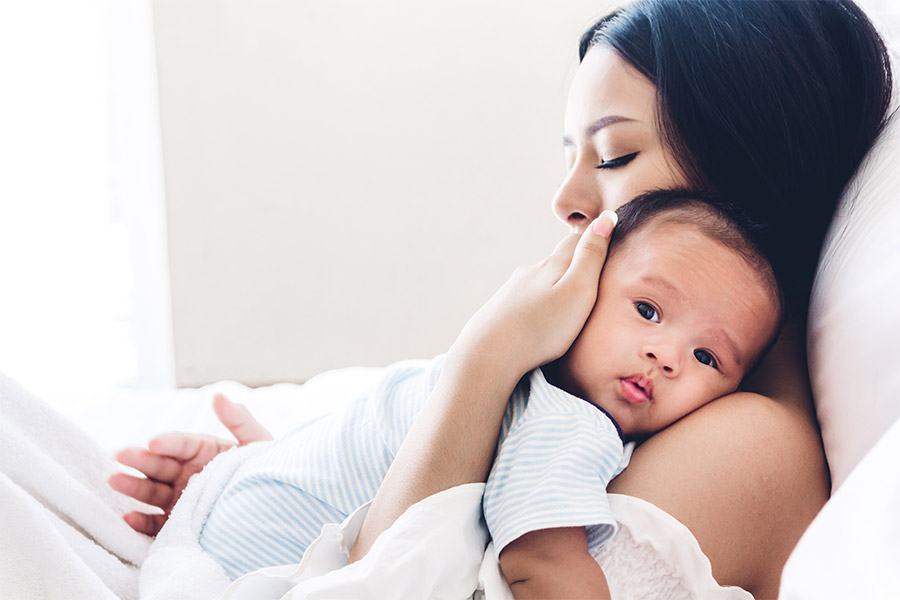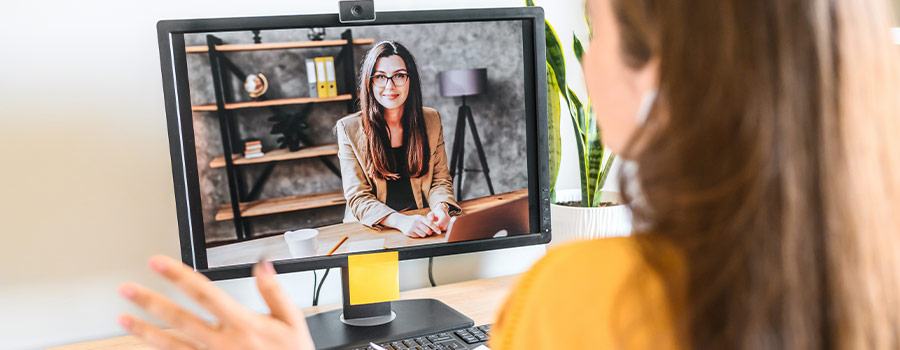Most modern women will have heard of egg freezing as a way of preserving your fertility for the future. But what lies behind the headlines and is it right for you?
The answer to that lies in your current circumstances and ability to commit fully to treatment to maximise your chances of freezing a good number of eggs to make it worth your while.
It may appeal to you if you’re worried about your fertility declining but you’re not ready to have a child, or you haven’t found the right partner yet. This is often referred to as what’s called elective or social egg freezing.
Equally, you may not want to have left over embryos after IVF for ethical reasons. Or you may have a medical condition such as cancer that will affect your future fertility. Alternatively, you may be a female trans gendering to male and wish to preserve your fertility. Studies suggest that women who freeze their eggs before the age of 35 have a better chance of a successful pregnancy than those who are older. This is because a woman’s ovarian reserve statistically starts to decline with age in terms of egg quality and quantity.
Fertility treatments are always unique to each patient’s circumstances, and egg freezing is no different.
So, what does it involve?
Ideally, you should be in good general health and be mindful of healthy lifestyle choices ahead of any proposed treatment. An Anti-Mullerian Hormone (AMH) blood test will provide an indication of how likely you are to produce viable eggs from your ovarian reserve. Meanwhile you’ll be screened for infectious diseases such as HIV and hepatitis. A doctor will also usually complete a pelvic ultrasound to evaluate your ovaries.
The egg freezing process can take about two weeks and some women are increasing travelling for treatment during their vacation time to countries where treatment is cheaper and less stigmatised.
Hormones are used to stimulate the ovaries for 10-12 days via daily injections to produce multiple mature eggs at once. The number of eggs harvested via an egg collection procedure varies from woman to woman. For woman in her late 20/early 30’s the normal range is 10-20. Some patients experience some pelvic discomfort or bloating, which may persist for a week or so, others don’t notice any side effects at all.
Once collected the eggs are flash frozen or vitrified to -385 degrees Fahrenheit, placed in cryopreservation tanks and chilled with liquid nitrogen. The period which eggs can be frozen for varies from country to country and it is important to note that not all countries allow egg freezing for single women. So doing some research is key or seeking advice from someone who understands the process such as our expert team at NOW-fertility. The continual support that our team provide is particularly important if you are travelling to a different country to undergo your treatment.
Once you decide to use the eggs and have a partner or donor sperm, the eggs are thawed, and the healthy eggs are injected with a single sperm via IVF or ICSI. Usually about half the number of eggs make it to embryo stage, which is also dependent on good quality sperm being used. When you are ready to have a pregnancy, the embryo is then transferred into the uterus on day 3 to five, ideally as a blastocyst and as part of a wider IVF process. You then wait two weeks before doing a pregnancy test to ascertain conception.
So, it’s a long game to rely on frozen eggs for a future baby and it’s dependent on also finding a willing partner or using donor sperm.
As with any fertility treatment, Counselling can help to address any underlying issues or concerns about the future that you may have. The NOW-fertility team includes experienced fertility counsellors who are here to support you throughout.
Is egg freezing right for you? It’s well worth educating yourself about the process and finding the right service provider that suits your personal needs. The practice is increasing in popularity with some companies now offering it as part of their HR programmes. Each female generation finds their way of empowering themselves and maybe the ‘future is now’ regarding egg freezing?
As with most medical procedures finding the best practitioners is key, as is communication with your clinical staff along the way. At NOW-fertility we pride ourselves on helping you to find the best service for your needs via our global network of partner clinics, all supported by our dedicated and multilingual Care Coordinators.
Author: Cindy Charles, Founder, Fertility Know How Ltd
Fertility Know How is a patient advocacy service designed to help people ‘Save Time, Tears and Money on their Road to Parenthood’.
Are you considering egg freezing?
If you would like to speak with a NOW-fertility expert to learn more about egg freezing, then please click below to get started.







